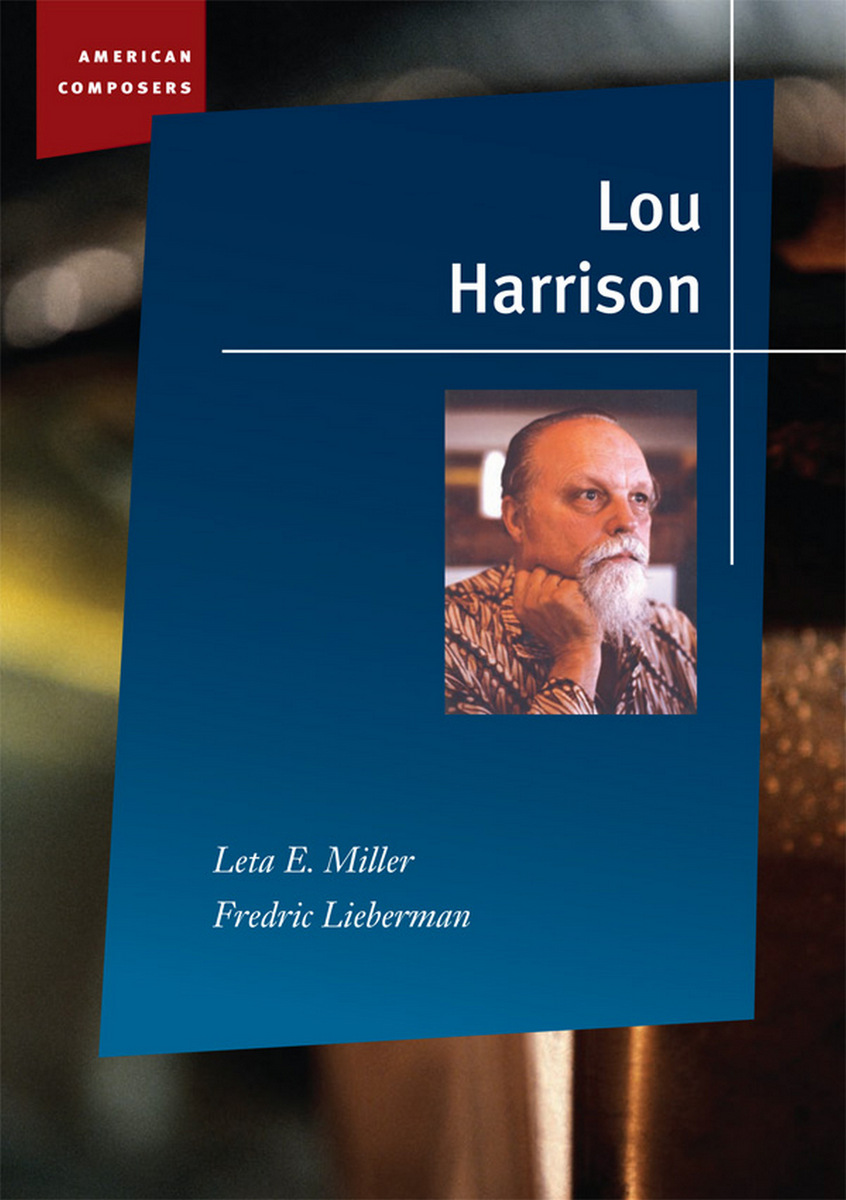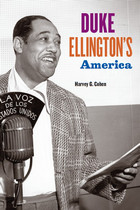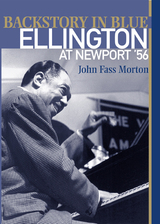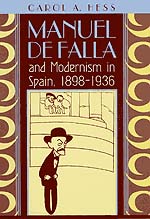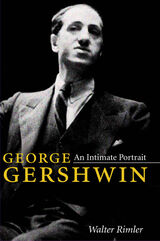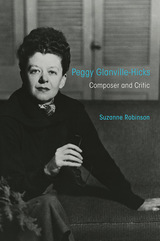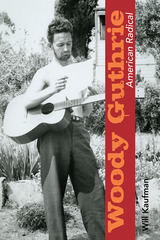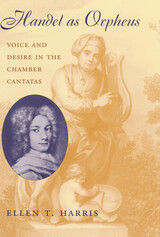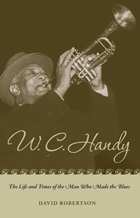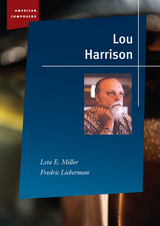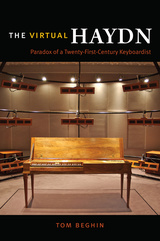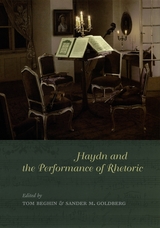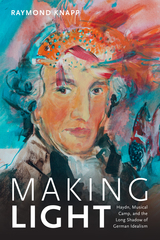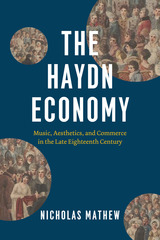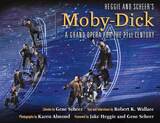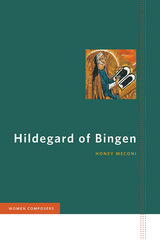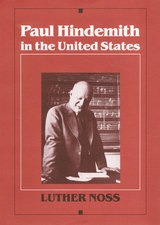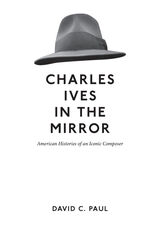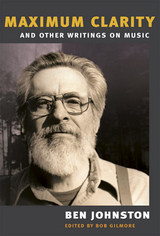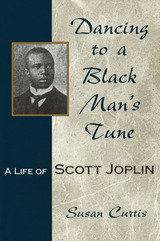eISBN: 978-0-252-09192-6 | Cloth: 978-0-252-03120-5
Library of Congress Classification ML410.H2066M54 2006
Dewey Decimal Classification 780.92
Leta E. Miller and Fredric Lieberman take readers into Harrison's rich world of cross-fertilization through an exploration of his outspoken stance on pacifism, gay rights, ecology, and respect for minorities--all major influences on his musical works. Though Harrison was sometimes accused by contemporaries of "cultural appropriation," Miller and Lieberman make it clear why musicians and scholars alike now laud him as an imaginative pioneer for his integration of Asian and Western musics. They also delve into Harrison's work in the development of the percussion ensemble, his use of found and invented instruments, and his explorations of alternative tuning systems. An accompanying compact disc of representative recordings allows readers to examine Harrison's compositions in further detail.
See other books on: 1917-2003 | Composers | Harrison, Lou | Miller, Leta E. | Music
See other titles from University of Illinois Press
